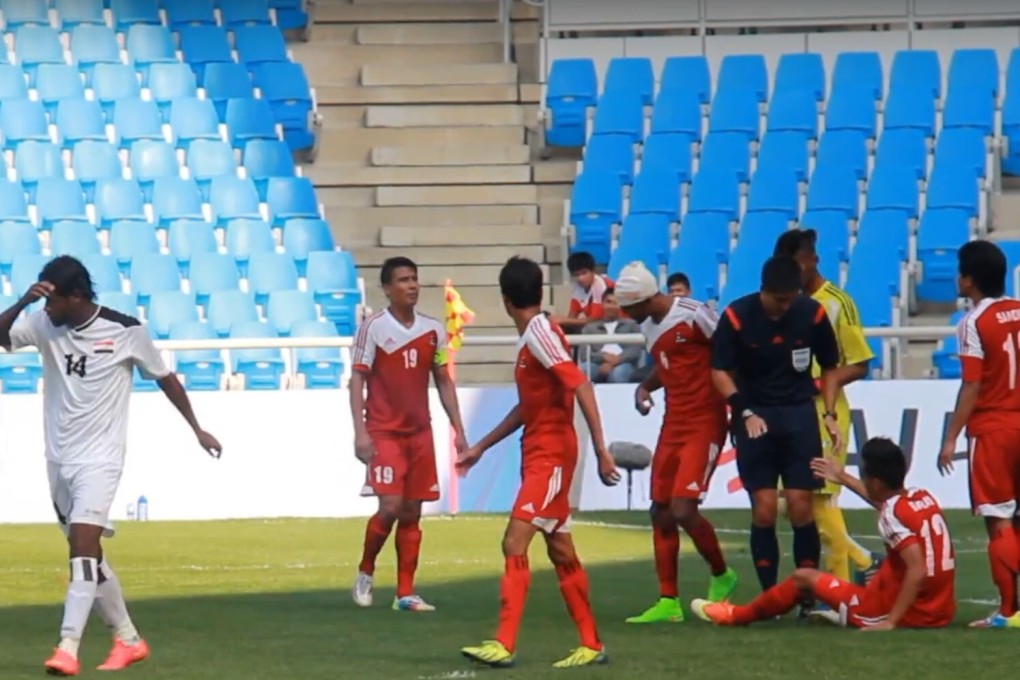Match-fixing: 160 suspicious matches in Asia in 2020 as Covid-19 allows criminals to target vulnerable leagues, Sportradar says
- Sports technology firm to offer free use of its CAS-approved Universal Fraud Detection System to help sports and leagues identity corrupt practices
- Sportradar’s Andreas Krannich says Covid-19 is a ‘game-changer’ in match-fixing and it’s time to fight back against this ‘cancer’

The Covid-19 pandemic is allowing criminals to increasingly target less popular leagues and cross new frontiers to manipulate results for betting, with around 160 suspicious matches in Asia over the past year, according to global sports technology firm Sportradar.
While the economic crisis caused by the coronavirus means that, overall, match-fixing is down on a global scale, it has not stopped criminals from trying to exploit vulnerable people and sports who are struggling to survive. And it’s only the “tip of the iceberg”.
Sportradar’s managing director for integrity services, Andreas Krannich, told the Post that its Universal Fraud Detection System (UFDS) picked up suspicious activity in three countries that had no previous history of inherent match-fixing – Oman, United Arab Emirates and Tajikistan.
In addition, around 60 per cent of the matches deemed suspicious will not be investigated because the sports and governing bodies involved are unaware of it or lack the means to follow up.
“In the 15 years since we launched the UFDS, we have seen that match-fixing is not only football and cricket. It’s not only tennis. It’s all major sports. It’s basketball, it’s esports, it’s volleyball,” said Krannich, whose firm has around 80 partners covering 26 sports.
